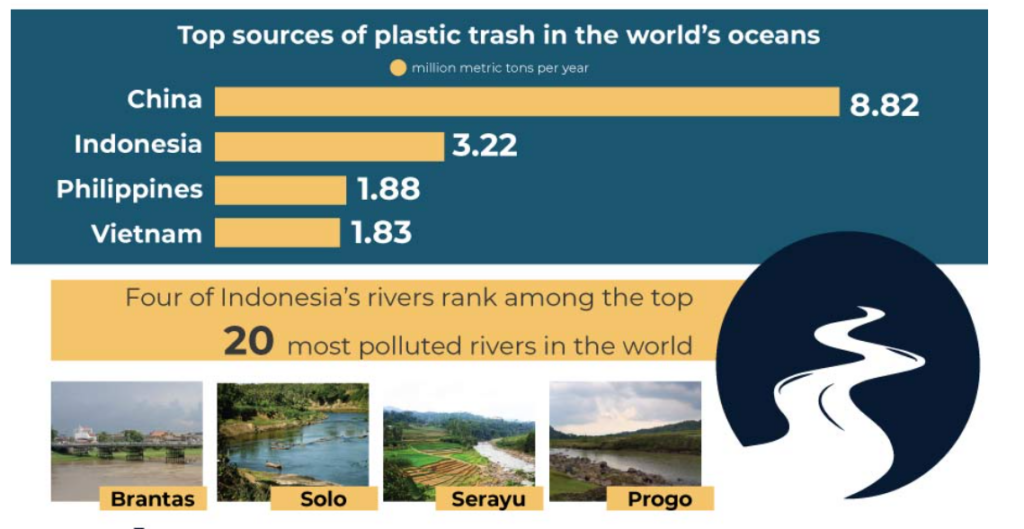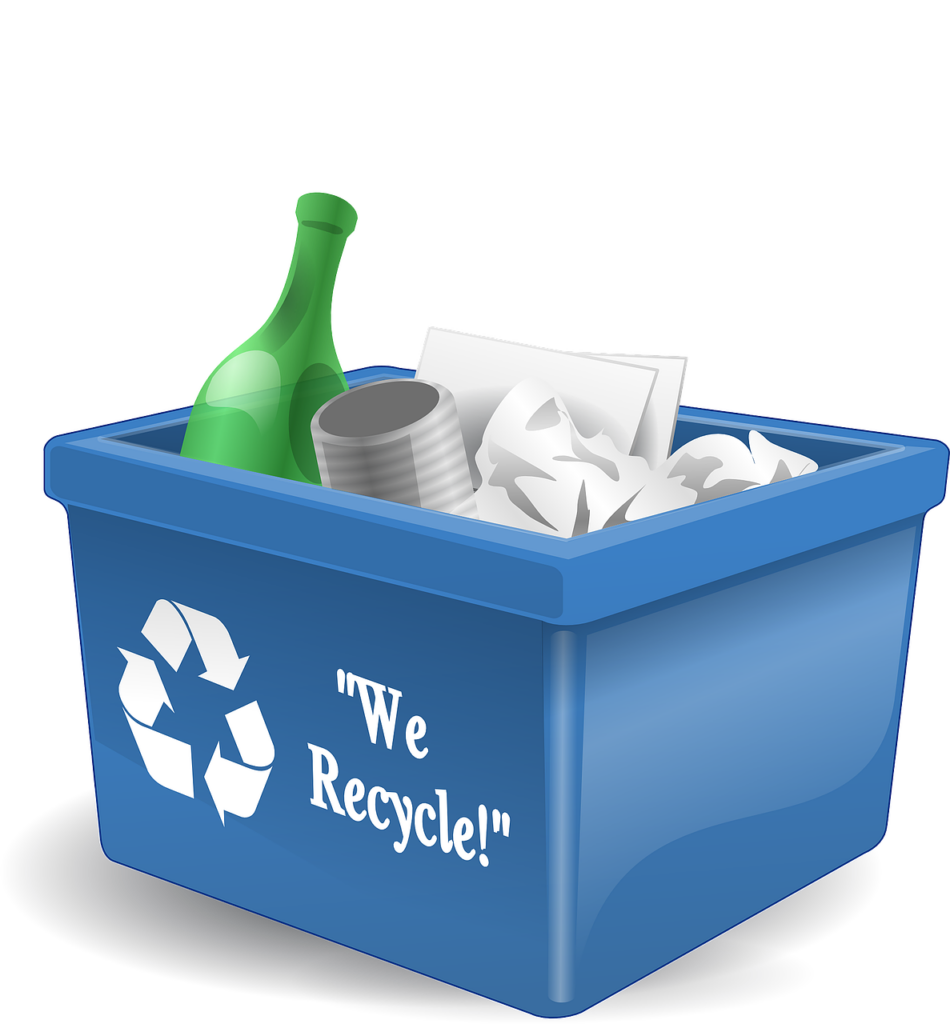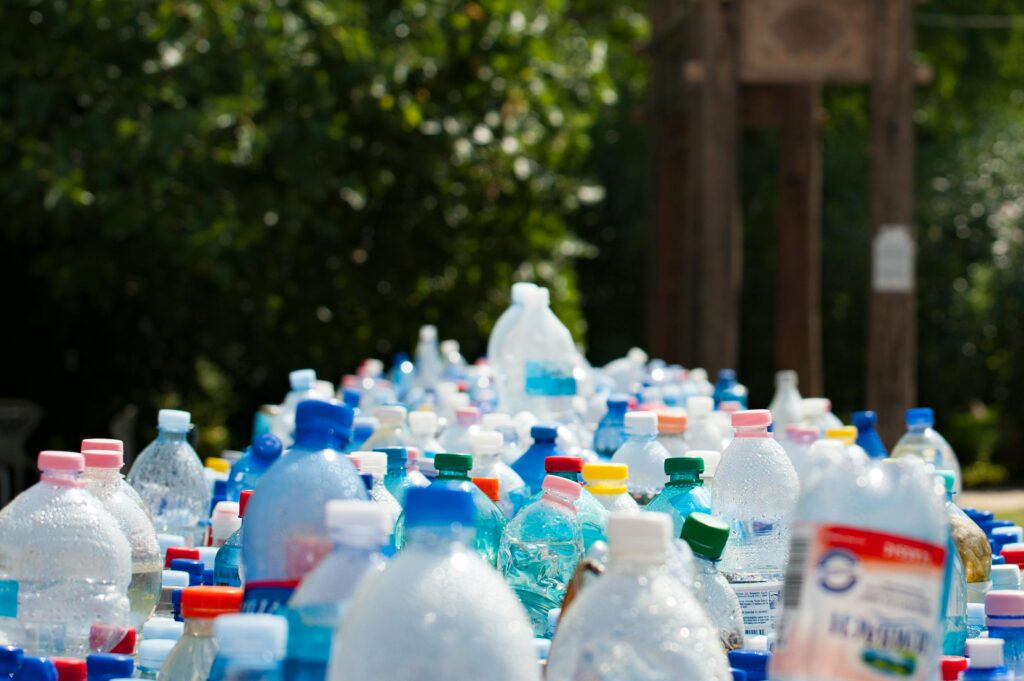
Salt Sovereignty







By Happy Tarumadevyanto-
| EOS Communication Associate; CEO Environmental Asia |
Waste management in Indonesia faces significant challenges, including the increasing volume of waste, limited infrastructure, and low public awareness of recycling. Most waste still ends up in landfills, using open dumping or landfill methods. Government efforts include plastic waste reduction programs, establishing waste banks, and waste-to-energy initiatives. However, success depends on public participation, education, and support from technology and regulations. Moreover, collaboration between the government, private sector, and local communities is key to creating a more effective and sustainable waste management system for a cleaner and healthier environment.

Source: Various, https://theaseanpost.com/article/indonesias-plastic-waste-problem
Challenges like insufficient infrastructure, low public awareness, and high waste production, especially plastic. Efforts include government initiatives promoting recycling, community waste banks, and waste-to-energy programs. Public-private partnerships and grassroots movements are vital in addressing waste issues and fostering sustainable practices for a cleaner environment.
1. Plastic Water Bottles
Plastic water bottles are one of the worst indoor pollutants.
Plastic bottles are considered one of the worst indoor pollutants because:
Proper waste management is essential to reduce the environmental and health impacts of plastic waste.

Waste management in Indonesia faces challenges like insufficient infrastructure, low public awareness, and high waste production, especially plastic. Efforts include government initiatives promoting recycling, community waste banks, and waste-to-energy programs. Public-private partnerships and grassroots movements are vital in addressing waste issues and fostering sustainable practices for a cleaner environment.
1. Plastic Water Bottles
Plastic water bottles are one of the worst indoor pollutants. People often dispose of plastic bottles irresponsibly after use, causing significant harm to the environment.
Plastic bottles are considered one of the worst indoor pollutants because:
Proper waste management is essential to reduce the environmental and health impacts of plastic waste.
Utilizing Plastic Bottles
With creativity, plastic bottles can be repurposed into useful items, reducing waste and supporting sustainability.
People often dispose of plastic bottles irresponsibly after use, causing significant environmental harm.


By Happy Tarumadevyanto – EOS Communication associate
This brief analysis is presented as a form of concern for the -waste management challenges in Indonesia. By considering the differences in data and the factors influencing them, it is hoped that appropriate strategic measures can be taken. Both the public and government need to work together to ensure more effective, sustainable, and environmentally friendly waste management.
Indonesia faces significant challenges in waste management, with a considerable portion of waste remaining unprocessed. According to various reports, discrepancies exist regarding the percentage of unmanaged waste. For instance, the Ministry of Environment and Forestry (KLHK) reported in 2022 that 34.29% of waste was unmanaged, while other sources like BRIN in 2024 cited 35.7%. These variations stem from differences in data collection methodologies, coverage areas (urban versus rural), and timeframes of analysis.
To address this issue, adopting standardized data collection protocols and enhancing inter-agency coordination is crucial. Leveraging technology for real-time monitoring and ensuring transparency in reporting can improve accuracy and consistency.
Coordination between the Ministry of Public Works and Public Housing (PUPR) and the Ministry of Environment and Forestry (KLHK) in integrated waste management in Indonesia has demonstrated progress but still requires further strengthening and arrangement.
It is hoped that integrated waste management in Indonesia can be more effective and sustainable by strengthening coordination and collaboration between PUPR and KLHK and involving other stakeholders.

Our hashtag#Explore programme now accepts proposals for research implementation grants on forest landscape governance.
We will fund up to three research projects, offering expert mentorship, capacity development opportunities and inclusion in our research community.
We strongly encourage applications from women and early-career researchers.
Here’s what you need to know:
💰 Grants: USD 80,000 to 83,000 per project
🕒 Duration: 18 to 24 months
📅 18 December 2024: Online grant workshop (open to the public)
⏰ Deadline: 31 January 2025, 17:00 ICT
Learn more👉🏾https://lnkd.in/etmGePHK

To reinforce the Center’s efforts and resources in accelerating transformation through agricultural innovation (ATTAIN) and become a leading enabler and champion of excellence in agricultural and rural development, SEARCA will provide travel grants of up to a maximum of USD 1,200 to each qualified agriculture and agriculture-related professional, social scientist, or graduate student in Southeast Asia.


La Niña is a climate pattern causing cooler-than-average Pacific Ocean temperatures, leading to increased rainfall, stronger storms, and flooding.